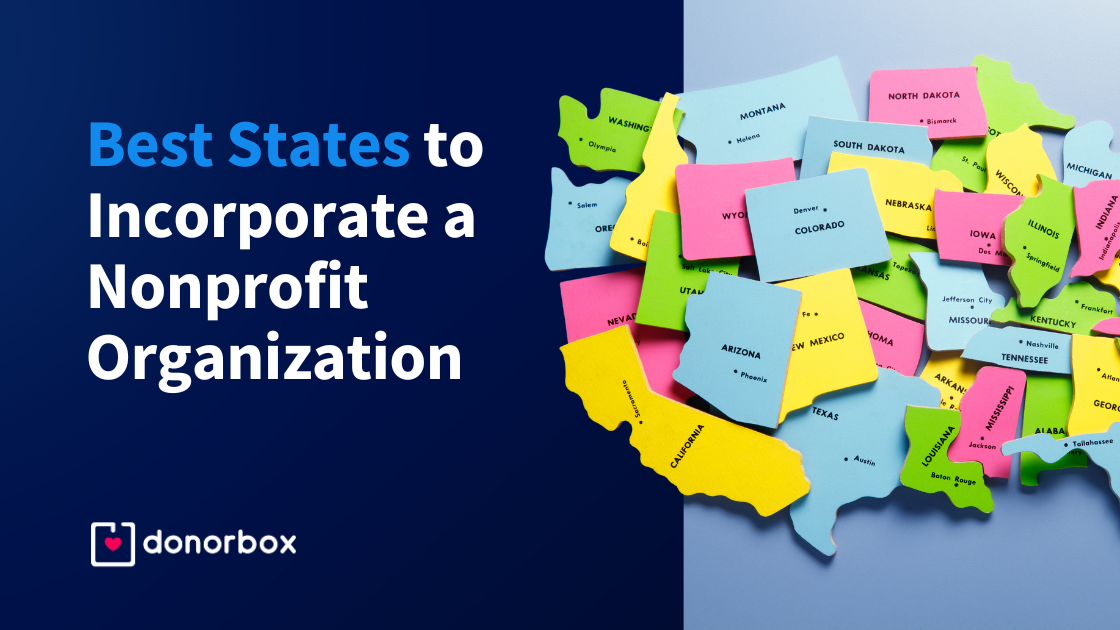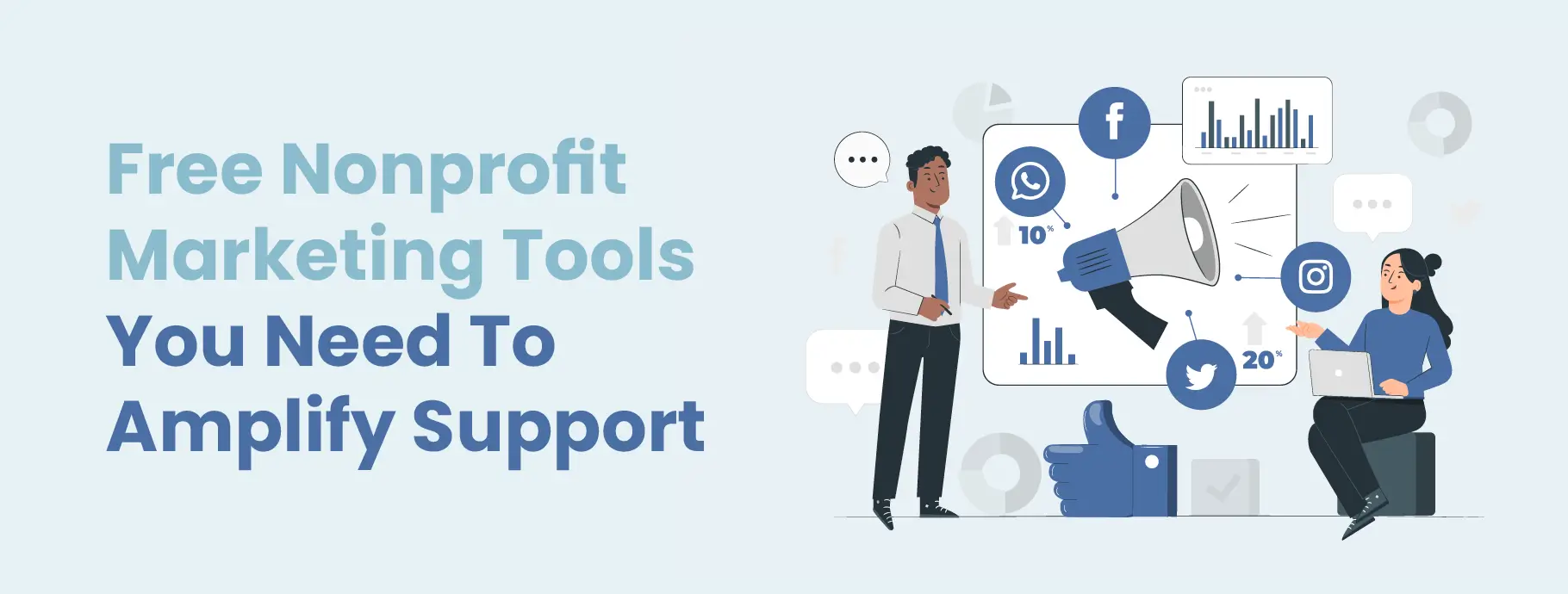Nonprofit Agency: Custom-made Solutions for Sustainable Growth and Influence
Exploring the Diverse Functions and Obligations of a Nonprofit Agency in Addressing Social Issues and Promoting Change
Not-for-profit companies act as crucial agents of modification within society, dealing with a myriad of social problems via diverse approaches. Their duties extend beyond mere service arrangement; they participate in campaigning for, source mobilization, and neighborhood outreach, typically acting as a bridge between marginalized populations and necessary services. By cultivating cooperations and employing culturally pertinent techniques, these organizations resolve the root creates of social challenges. Yet, the complexities of their duties elevate crucial concerns concerning efficiency and sustainability. What are the effects of these diverse functions on long-lasting neighborhood impact?
Recognizing Nonprofit Firm Duties
The effectiveness of not-for-profit agencies rests on a clear understanding of their varied roles within society. These companies work as essential intermediaries in between the general public, exclusive, and governmental fields, dealing with various social problems and promoting for modification. Nonprofit agencies commonly function as service carriers, supplying essential programs and resources to underserved populaces. This role is crucial in filling up voids that might exist in civil services, making certain that at risk teams have accessibility to needed support.
Additionally, nonprofits play an essential duty in campaigning for, elevating understanding and influencing plan decisions that affect their neighborhoods. By participating in study and public education and learning, these companies help form public discourse and advertise educated decision-making - nonprofit agency. They additionally offer as platforms for volunteerism, activating community members to add their time and skills toward cumulative goals
Furthermore, not-for-profit agencies typically act as conveners, uniting diverse stakeholders to cultivate partnership and cumulative effect. This collective strategy improves their capacity to resolve complicated social problems properly. Recognizing these multifaceted duties is crucial for making the most of the possibility of nonprofit firms in creating lasting social change and boosting overall area health.
Neighborhood Interaction and Outreach
Efficient neighborhood interaction and outreach are essential components of nonprofit companies' approaches to develop and cultivate connections trust fund within the areas they offer. These initiatives concentrate on recognizing community requirements, promoting recognition of readily available sources, and motivating participation in programs developed to deal with social issues. Not-for-profit organizations utilize a range of methods to engage with neighborhood participants, such as workshops, informative sessions, and collective events.
Outreach campaigns serve to reinforce partnerships with varied populations, especially marginalized groups that might deal with barriers to gain access to. By using culturally pertinent interaction approaches and leveraging local partnerships, nonprofits can boost their presence and demonstrate their commitment to area empowerment. This strategy not just cultivates a sense of belonging yet likewise increases the likelihood of sustained interaction.
In addition, effective community engagement surpasses mere involvement; it entails proactively listening to area members' comments and integrating their insights right into program advancement. This collective process guarantees that the solutions offered are receptive, appropriate, and tailored to the distinct challenges encountered by the neighborhood. Eventually, cultivating strong links through involvement and outreach can lead to even more impactful treatments and a greater collective initiative towards promoting positive social change.
Campaigning For and Policy Influence
Campaigning for functions as a crucial system for nonprofit companies to affect public law and drive systemic modification. By leveraging their knowledge and community insights, these organizations can efficiently represent marginalized populaces and address pressing social problems. Nonprofits engage in advocacy via various methods, consisting of public recognition projects, grassroots mobilization, coalition building, and direct lobbying of policymakers.
Via these initiatives, not-for-profit firms intend to shape regulation and plan structures that line up with their objective and the needs of the areas they offer. They perform research, gather information, and share compelling narratives to highlight the seriousness of details concerns, making sure that decision-makers are educated and inspired to act. This process not only enhances the voices of those impacted by social oppressions but likewise fosters an extra equitable and comprehensive policymaking atmosphere.
Moreover, campaigning for efforts frequently look for to develop lasting architectural changes, addressing origin instead than just relieving signs. By prioritizing plan impact, nonprofit companies add to a more comprehensive understanding of social challenges and advertise solutions that can cause lasting renovations in societal wellness. Inevitably, campaigning for is essential to the transformative duty nonprofits play in producing a simply and fair culture.
Fundraising and Source Management
Nonprofit agencies rely upon durable fundraising and source monitoring techniques to support their advocacy initiatives and sustain their goals. Reliable fundraising is crucial for guaranteeing the schedule of financial sources necessary to carry out programs and activities that attend to pushing social problems. This procedure often includes branching out revenue streams with gives, individual donations, corporate sponsorships, and fundraising events. By utilizing a multi-faceted strategy, nonprofits can alleviate the dangers connected with reliance on a single financing source.
Source administration is equally essential, as it entails the calculated allocation of both human and monetary sources to make the most of impact. Nonprofits should create spending plans that line up with their goals while ensuring openness and liability to stakeholders. This involves regular tracking helpful resources of expenses and adjusting techniques as needed to optimize source usage.

Partnership and Collaborations
While numerous organizations seek their goals independently, collaboration and partnerships can dramatically improve the efficiency of not-for-profit agencies. By interacting with various other nonprofits, government entities, and economic sector organizations, nonprofits can why not check here pool resources, share knowledge, and enhance their influence on social problems. Collaborative initiatives usually result in ingenious solutions that may not be achievable independently, leveraging the toughness of each partner to resolve complex challenges.

Inevitably, efficient collaboration needs clear communication, shared goals, and mutual respect amongst companions. By welcoming a participating strategy, nonprofit companies can create lasting networks that not just address instant social problems yet likewise add to long-lasting systemic adjustment, cultivating a much more fair culture. Through partnership, nonprofits can flourish and optimize their potential my explanation for purposeful influence.
Conclusion
Not-for-profit agencies offer as critical entities in cultivating and attending to social issues adjustment within areas. Inevitably, the diverse roles of nonprofit firms considerably contribute to the pursuit of social justice and the enhancement of neighborhood health.
Comprehending these diverse duties is critical for making best use of the possibility of not-for-profit companies in developing sustainable social change and enhancing general community well-being.
Efficient area engagement and outreach are fundamental components of nonprofit agencies' methods to build and foster connections count on within the neighborhoods they offer. By functioning with each other with other nonprofits, government entities, and private industry companies, nonprofits can pool resources, share expertise, and intensify their influence on social issues.Nonprofit firms offer as vital entities in addressing social concerns and fostering modification within neighborhoods - nonprofit agency. Eventually, the complex functions of nonprofit companies dramatically contribute to the search of social justice and the improvement of area well-being